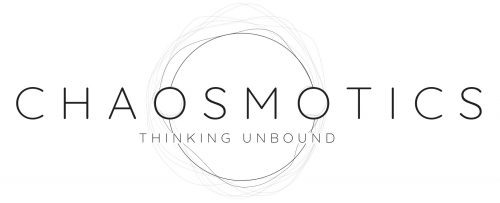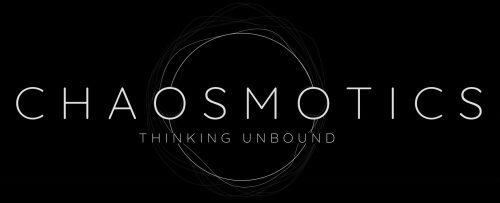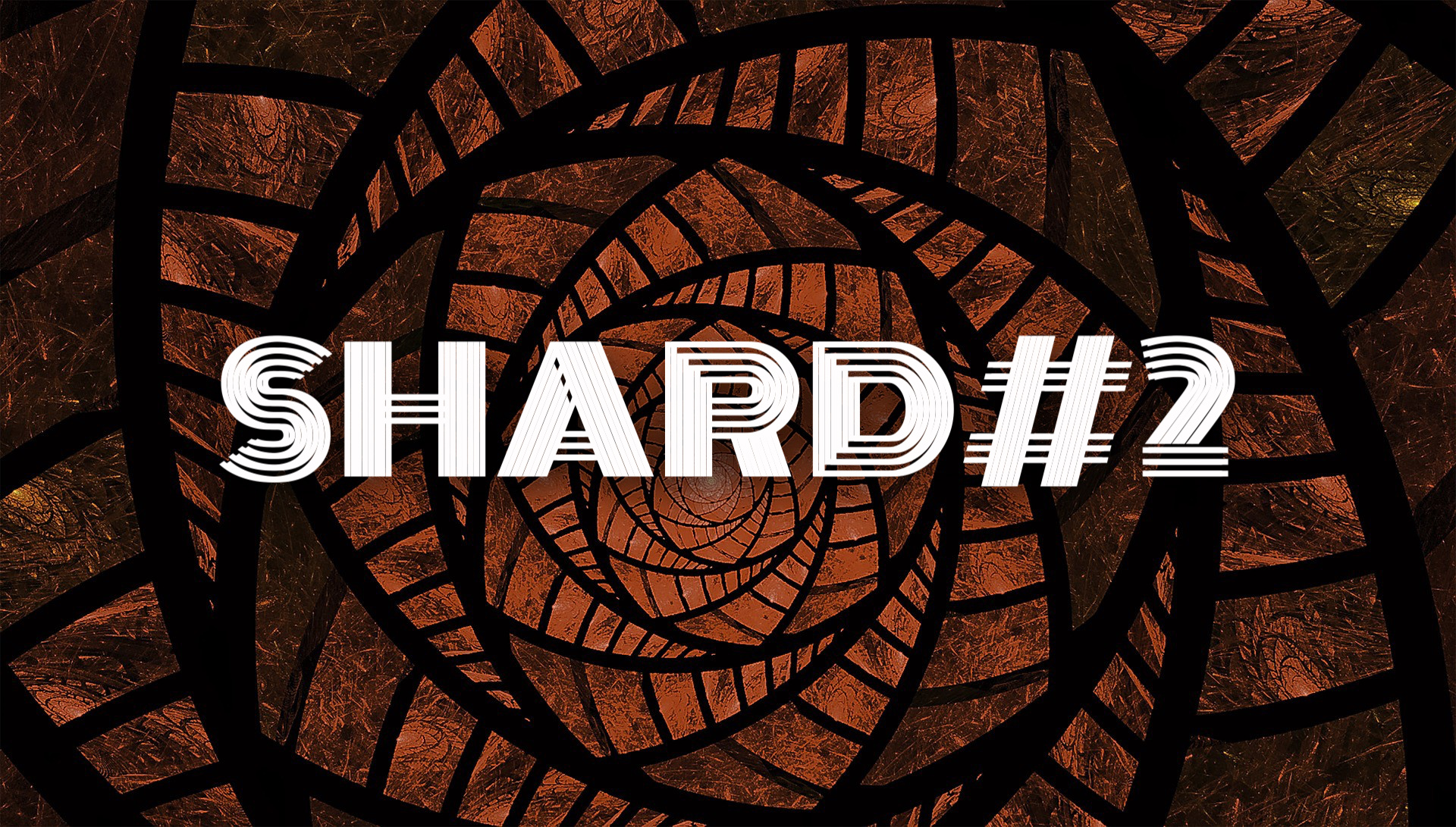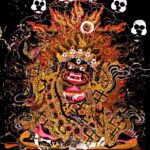Talking about ecology today is a bit like walking into a book fair. In the pavilions crowded with reading enthusiasts, library lovers and bored people in search of Sunday pastimes, one comes across counters of more or less known publishing houses, often watched over by clerks sometimes fanatical, sometimes totally uninterested. At book fairs one is immersed in the dance of multiple speeches, deaf to one another, but they are also gathered in one place in order to hoist their flag and attend the event that confirms their participation in the publishing universe. There are structural speeches, those of the publishing houses, which have their own policies and ideas about the publications and aesthetics of the books they print and market, and then there are the speeches of the books themselves, sometimes wider and deeper than those of the publishing houses to which they refer to.
The experience of walking through a book fair differs little from that of walking through a bookstore. In fact, the latter is often, apart from rare cases, a more intimate, smaller fair. It is difficult to understand the sense that underlies the collection of books in one place, if one thinks of the fair as a moment of advertise, of sale, of further profit and not of reflection on the meaning of those paper objects. Book fairs, which enclose an overwhelming multitude of speeches, many times do not proffer words; they are pure and simple containers. No publishing house covets a new reader because it could turn into a fertile writer; the reader buys a commodity, generates profit. But if the ritual of encounter between the stories and thoughts contained in the book is just another declination of the logic of production, without anything specific and intrinsically significant, nothing that justifies it apart from the habit or the need to remember that publishing is part of the market, then the ritual is destined to dissolve. Poor of its meaning will also be poor of its future.
Ecology is like a book fair. It encapsulates a myriad of speeches, often tangent to each other but not directly related, frantically revolving around the nebulous core that is its principle, the question “how do we think ecology?” Sometimes, even worse, it denotes itself as a discourse between discourses, chatter about the environment and apology of nature: environmentalism. Science does not think: Heidegger is not wrong about ecology either. Science, whichever it is, is aimed at the understanding of its object as determined and static. The object, in this case the relationship between organism and environment, stands monolithic in front of the observer. The observer has the task of producing knowledge from that observation from which, on the other hand, he is excluded. However the ecology, which is precisely, we should repeat it, the study of the relationship between organisms and the environment, cannot but reflect on the fact that in the object of the study, the relationship, is present the same subject, the observer, in object form, the organism. The urgency of the issues ecology deals with is motivated by the type of situation that no science has ever encountered: the survival of the organism-environment relationship teeters in the face of the threat posed by the organism to the environment. It is a bloodbath of perspectives, bouncing back and forth, still neglecting the axial question: how do we think ecology?
Climate change, animal empathy, exploitation and depletion of the planet’s resources, exploitation of nature, pollution. These are some of the speeches that are part of ecological posture and thinking. Each of these speeches addresses issues of clear topicality and urgency, both for our survival and for our coexistence, not only as elements of social systems, but as elements of ecosystems. It is precisely this, which is the rewriting of the definition of ecology as a science, that is the key to understand what ecology essentially means. Science analyses and studies, and we let it do so. Here, rather than saying that ecology studies the relationship between an organism and its environment, we will define it as the posture of thought for whereby the individual is able to reflect on himself and his relationship with the environment. In other words, ecology should be the way of thinking about individuality as a relationship between system and environment. Compared to the scientific definition, a fundamental difference is immediately apparent. The object of that science becomes in the first place the observer himself; that is, the central question to think ecology revolves around the analysis that the observer turns on himself as a lens through which one can reflect on the relationship between organism and environment. Self-analysis, essentially.
Oikos-logos, literally “discourse about the household” or “study of the environment (conceived as home)”, already in its etymology clearly indicates the directionality towards which the subject implies the object. The discourse, or the study, always recalls an observer and an observed in the interlacement for which the former analyses the latter to describe a series of characters. But this is not what ecology should be – especially if we pay attention to the fact that already in Greek thought the environment was nothing but a resource to be exploited – see the reports of the deforestation of Attica in Plato’s Crizia, to name one. The word “ecology” itself recalls, and can only do so, the observer-observed relationship, and downgrades what should be a whole thought structure to pure Cartesian science. The observer is the real problematic thing, perpetually internal and external, part of the game but transcendent to it. It is on the observer that ecological thinking must put pressure. He who analyses, in fact, is to all intents and purposes part of the horizon he is analysing, especially with regard to the relationship between organism and environment.
Ecology as a science needs an eco-logic of the mind, that is, a further dimension: you cannot think that relationship if you are not that relationship. This ontological question is often misinterpreted by ecological ethics as performance – genesis of a new auxiliary that spices our life: doing ecology. One of the salient points of ecological ethics is the importance of the contribution that each individual can put on the “cause” of the environment. What can each of us do to live in a more ecological way? Even if this question can offer useful answers to a slow transformation of our “doing”, of our performativity towards the environment and its care, it is still seriously one-dimensional. The ecological ethic, so offered and so pursued, is impaired by its being, precisely, a performative practice, which structures its reasoning on “what we have to do” in order to produce a certain result. Moral obligation, duty. Basically, ecology struggles with the threat of being territorialized as a practice. Baudrillard already knows this when he writes in his short essay The Operational Whiteness, in the collection The Transparency of Evil:
The will itself is mediated by models of the will, by a to-make-wanting, such as persuasion and deterrence. So much so that all these categories still make sense: wanting, power, believing, knowing, acting, desiring and enjoying have been subtilized, so to speak, by one auxiliary mode only: that of ‘to-make’.
In other words, our conception of action, such as the action of communicating, has undergone a reshaping on the basis of its operational character: speaking becomes to-make-speaking, producing an operational circle of information that reverberates and repeats itself. A simple example is gossip and its eminent communicative character that operates in such a way as to make people speak a content without value and meaning, which underlies communication in its most essential sense: transmission of information, instead of transmitting-information. Another example are the talk-shows having a political background: it is the object of discussion that makes the respondents talk, who dance around it with a more or less theatrical approach to conceal the total absence of real dialogue: they have nothing to say to each other. Ecology works in the same way, but it is more subject to the danger of becoming an operation of production (it is enough to see the lightness with which the market has translated “unbridled” consumption into its good cousin, “conscious” consumption). Being ecological means thinking in an eco-logical way; in other words, it means rejecting without too much ceremony the notion of the environment as a performative horizon. Practicing ecology, implying that the environment is always and in any case the mine from which to extract something, always and in any case a reserve of energy – or worse, a tool “to take care of” – does not change anything of the game that has been played until now. What performative ecology is not able do is to let the observer abstract his own character of observer and translate it into that of element – observed – which is already and always part of the circuit that binds the systemic “dimensions”.
Someone, like Frances Moore Lappè, has suggested that ecology needs a “change in the way we think”. (subtitle to his book EcoMind). That is, it should not simply appear as a way of doing things in a sustainable way – a formula that doesn’t want to mean anything – but of thinking through conceptual different lenses from those with which we have learned to reflect on the world and our being in the world. It is a valid argument, and Lappè also offers shrewd references, ranging from anthropology to neuroscience. It is quite evident, in all these more or less insightful attempts to think ecology, the influence of Gregory Bateson’s thought, since we can connect these attempts to think eco-logically as an indication of the ecological problem as a metalogue, i.e. “[…] a conversation on a problematic topic [which] should be such as to make relevant not only the interventions of the participants, but the very structure of the whole debate”. It is the structure through which we place the ecological question, in fact, that must be reformed, since it is from it that the urgency pertains. To ask ourselves how to mitigate the consequences of global warming in the same form through which we wondered how it would be possible to move faster than on horseback implies myopia in an advanced state. What was missing from that question about speeding up movement was in fact an awareness of the effects produced not only by the answer to the question, but also by the questioning itself. It is paradoxical today to recover the bicycle as if it had always been “the green alternative” to the polluting car, nonetheless it was already implicit the day when we chose to focus on the latter instead of the former, or on individual mobility instead of collective mobility. In short, much of our techno-scientific development has lacked an eco-logic, a conceptual structure that would force every question to become part of a network of issues that are already, however, relevant to each other even if this relevance is not considered. Facts continue to be facts even if we ignore them.
Inventing the car is not just about itself and its purpose. To impose a new element within the system means to introduce a new element that changes the condition of balance or, in simpler words, creates a chain of more or less positive and interwoven effects. This is peaceful, almost banal – today. The car pollutes; slaughtering tons of meat pollutes; flying pollutes; drilling oceans’ floor to make cars move pollutes, if all goes well, or it creates an environmental disaster if all goes wrong. The automobile is a prosthesis that guarantees speed of movement, that changes the rules of the system, that revolutionizes social relations, work, economy, nature, psychology. From being an instrument, it has become “[…] an article of clothing without which we feel naked, uncertain, and incomplete”, McLuhan said in the 1970s. Today it is an ambiguous, utopian as well as dystopian object, guilty (if fueled by combustibles) or redeemed (if electric). It is clear that the range of the effects of each new contemporary technology no longer guarantees us to live in that belle époque of unbridled production. It is on every present and future reflection on the world that a logic of oikos must be instantiated, the structure for which every thought moves from the consciousness of the indistricable interweaving that binds systems to their environments. The former do not exist without the latter, and therefore there must be a form of rational awareness that governs acting and thinking on the basis of the correlation between those two dimensions, a concept that can be defined as systemic subjectivity. Ecology, which implies the distance between the system and the environment, should instead be a conceptual structure that works on how we recognize the intrinsic and mutual implication of the elements of the system, of the system itself, and of its environment, without the possibility of one distancing itself from the other: an eco-logical structure that recognizes in each individual, as a thinking subject, the possibility of assuming the perspective of the entire system and reflecting from this perspective. In other words, it is a matter of refining the capacity of abstraction to such a level that from the individual action we produce a network of information that leads us to an overall view – which, however, it is clear, can only be probable, and therefore structured as an abductive reasoning, which is a point in favour if we believe Peirce.
The conceptual structure that sustains subjectivity, its perspectives and the sense of “individual” is therefore the object-subject to be rethought; object, because it is on it that a remodulation must be implemented on the basis, moreover, of the knowledge that we have acquired to date with regard to the systems theory; subject, because it is that same structure that poses the question. That there is a particle impossible to be further divided (in-dividual) does not mean that it is not, on the contrary, further expandable, to the limit of thinking a subject that encloses the whole system and, parallely, a system that is a conscious subject. A sense of self that knows how to abstract itself from its own dimension to dialogue with other elements of the environment in an active way is the starting point through which it is possible to solve the ecological crisis, and not only that. Such a scenario is thinkable because it happens all the time around us, even if we do not thematise it.
Ultimately, two words on systemic thinking that lays the foundation for this reflection on ecology. The perspective of the study of reality in the form of a system as an irreducible whole and not as a totality that can be broken down into its most elementary parts is a field of speculative and scientific studies that has been interestingly successful in recent years, starting from the ideas, among others, of Gregory Bateson and his systemic-holistic approaches to social anthropology and psychology, Ludwig von Bertalanffy’s general systems theory and Niklas Luhmann’s theory of social systems. In my opinion, the speculative effectiveness and interdisciplinary richness offered by this perspective are very profound and deserve serious and adequate consideration – which, in fact, through the studies of various researchers, is receiving. Systemic thinking is first and foremost a form of thinking, and it is from this principle in particular that our way of doing-science must be rethought. Quoting Peter Senge: “Human activities are systems but we focus on snapshots of parts of those systems; then we wonder why our problems are never solved”. And this is indeed the case: the approach used to try to define ecology in this paper follows this issue, given the character of “communicating vessels” that each field of reality has in respect to every other field. Hence, every perturbation or mutation happening in one system or in one snapshot of the system implies a butterfly effect concerning itself, other systems, and other environments. Systemic thinking is the assumption of an irreducible complexity that must be addressed in its entirety, and not through analysis and enumeration. Coherently, what applies to other fields of knowledge applies eminently to ecology, which is already, as the study of the relationship between system-organism and environment, intrinsically systemic in its essence.
Bibliography, quoted and unquoted.
- L. Apostel, Systementheorie als instrument ter eenmaking van onze cultuur — een schets, De eenheid van de cultuur, L. Apostel ed., Amsterdam, 1972
- G. Bateson, Angels fear: Towards an Epistemology of the Sacred, Chicago UP, 1988
- G. Bateson, Steps to an Ecology of Mind: Collected Essays in Anthropology Psychiatry, Evolution, and Epistemology, Chicago UP, 2000
- L. von Bertalanffy, The history and status of a general systems theory, Trends in general systems theory, New York, 1972
- L. von Bertalanffy, Perspectives on General System Theory, E. Taschdijan ed., Braziller, New York, 1974
- R. P. De Vries, R. Van Hezewijk, Systems Theory and the Philosophy of Science, Annals of Systems Research, vol. 7, pp 91-125
- R. Dyball, B. Newell, Understanding Human Ecology: A systems approach to Sustainability, Routledge, 2015
- T. Ingold, The Perception of the Environment: Essays on Livehood, Dwelling, and Skills, Routledge, 2000
- F. M. Lappé, EcoMind: Changing the Way We Think, to Create the World We Want, Public Affairs, 2013
- N. Luhmann, Soziale Systeme: Grundriss einer allgemeinen Theorie, SuhrKamp, 1984
- L. Urbani Ulivi ed., Strutture di Mondo: il pensiero sistemico come specchio di una realtà complessa, vol.1, Il Mulino, 2010
- L. Urbani Ulivi ed., Strutture di Mondo: il pensiero sistemico come specchio di una realtà complessa, vol.2, Il Mulino, 2013
- L. Urbani Ulivi ed., Strutture di Mondo: il pensiero sistemico come specchio di una realtà complessa, vol.3, Il Mulino, 2015







